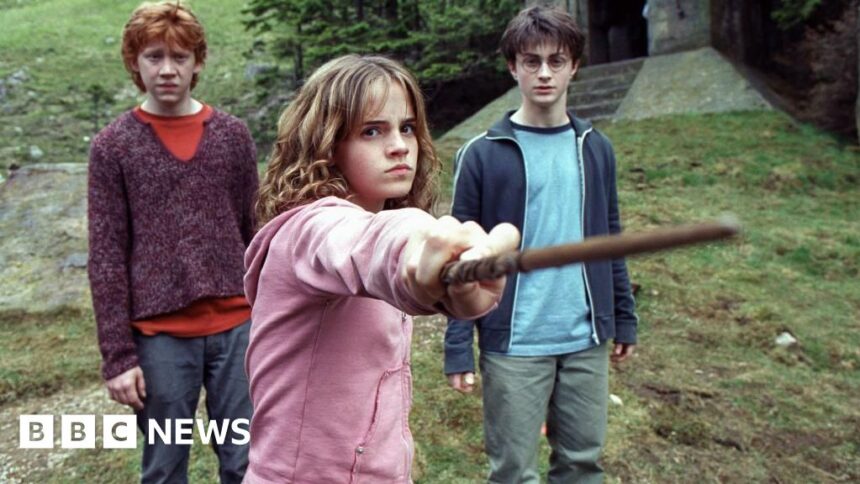Shares in Warner Brothers Discovery and Paramount Skydance have witnessed substantial surges following emerging reports that Paramount Skydance is making preparations to extend an offer for the competitor studio. This potential bid is aimed at acquiring the entirety of Warner Brothers Discovery, which encompasses prominent assets such as the news network CNN, HBO, and the film studio responsible for blockbuster franchises like Barbie and Harry Potter.
This development signals further consolidation within the U.S. media sector, a landscape that has undergone considerable transformation due to the ascendance of streaming platforms. The situation unfolds amid scrutiny of media corporations from the Trump administration, adding another layer of complexity to potential mergers in the industry.
Warner Brothers Discovery has opted to remain silent on the matter, while Paramount Skydance has also refrained from commenting on the reports. The initial announcement regarding the potential offer was made by the Wall Street Journal, indicating that discussions are still in the preliminary stages, and there is no confirmation that a formal bid has been submitted. The talks could potentially collapse before a deal materializes.
The driving force behind Paramount Skydance is David Ellison, the son of Oracle co-founder Larry Ellison, who briefly regained the title of the world’s richest individual recently. Just weeks prior to these developments, Paramount Skydance completed an $8 billion merger, during which David Ellison’s Skydance acquired Paramount, known for housing the CBS news network and producing hits like Yellowstone.
Moreover, Ellison is reportedly nearing another acquisition involving The Free Press, a digital media outlet co-founded by Bari Weiss. The financial markets responded positively to the merger rumors, with Warner Brothers Discovery shares rising by 29% and Paramount Skydance shares increasing by 16%.
Despite the optimism surrounding the potential deal, the Wall Street Journal cautioned that a bid had yet to be formalized, indicating that the negotiation process may be fraught with complications. David Ellison, who began his career in the film industry after dropping out of the University of Southern California, has built his own reputation in Hollywood as a producer for hits such as Top Gun: Maverick and World War Z.
The unfolding merger discussions have inadvertently drawn David Ellison deeper into the political arena. His father, a known ally of Trump, recently garnered attention due to a tumultuous legal battle with CBS over accusations related to a Kamala Harris interview that Trump claimed was edited to favor the Democratic Party. The resulting settlement with Paramount amounted to $16 million and will contribute to a future presidential library. The settlement did not include an admission of wrongdoing from Paramount, which has faced backlash, including accusations from Democrats branding the payment as a “bribe.”
Complicating matters further, Democratic legislators have called for transparency regarding the negotiations, which has led to increased public scrutiny. In conjunction with the approval of the merger, Skydance allegedly committed to ensuring that its programming reflects a diversity of viewpoints while terminating Paramount’s diversity initiatives and establishing an ombudsman to review complaints concerning bias.
As part of the broader media landscape shifting alongside these developments, Paramount also announced the impending conclusion of “The Late Show with Stephen Colbert,” which is set to end its run in May 2026. This decision has spurred speculation that the cancellation may stem from political motives—a claim that Paramount has publicly denied. Furthermore, the company made headlines in July by securing a five-year agreement to feature the satirical animated series “South Park” on its streaming service, successfully attracting the show from HBO.
The context of these discussions harks back to the creation of Warner Brothers Discovery, a culmination of a merger in 2022. Since that consolidation, Warner Brothers Discovery has grappled with substantial debt levels and undergone significant workforce reductions. Earlier this year, the company announced intentions to bifurcate its operations, separating its streaming services from its more traditional cable television divisions, illustrating ongoing challenges as the media landscape evolves.







